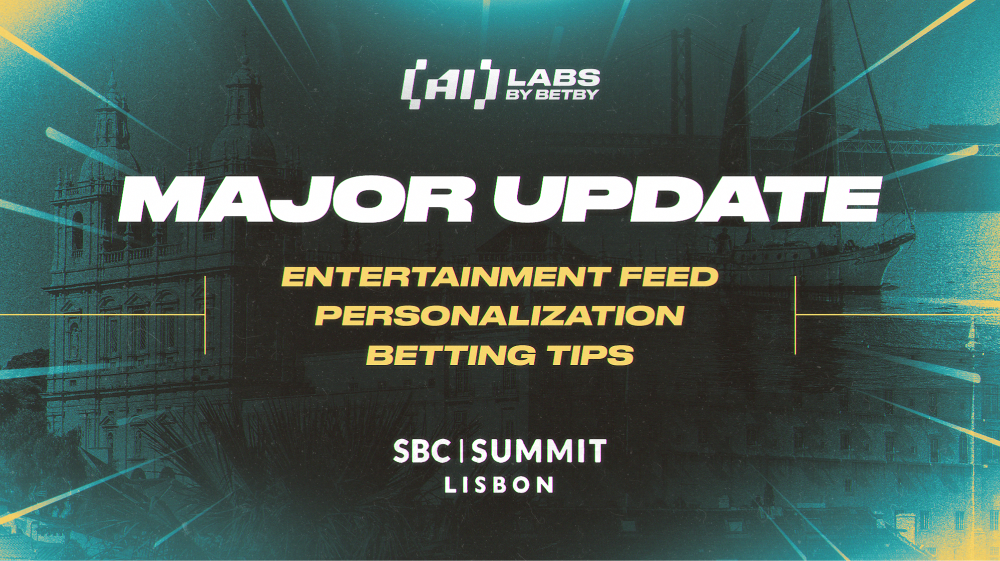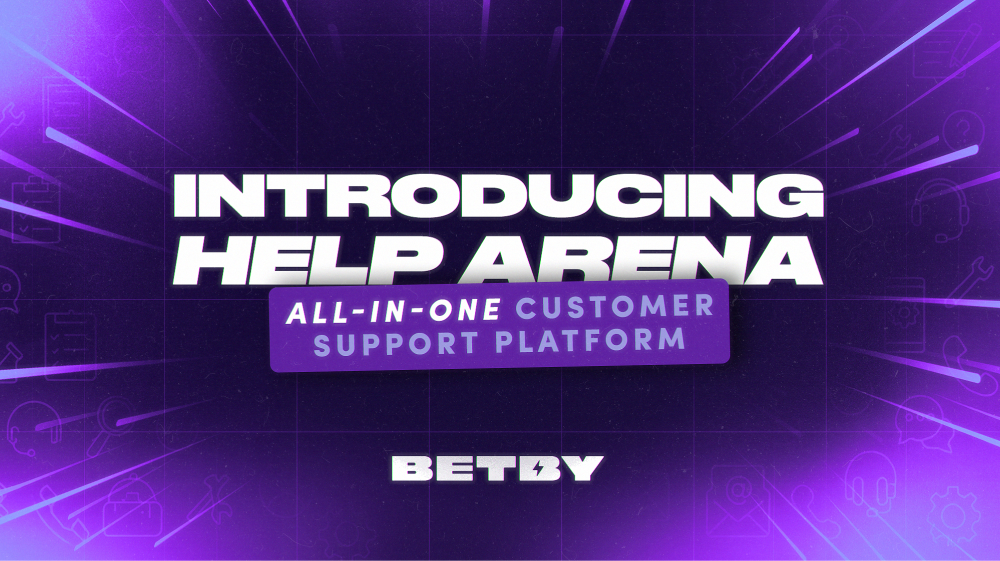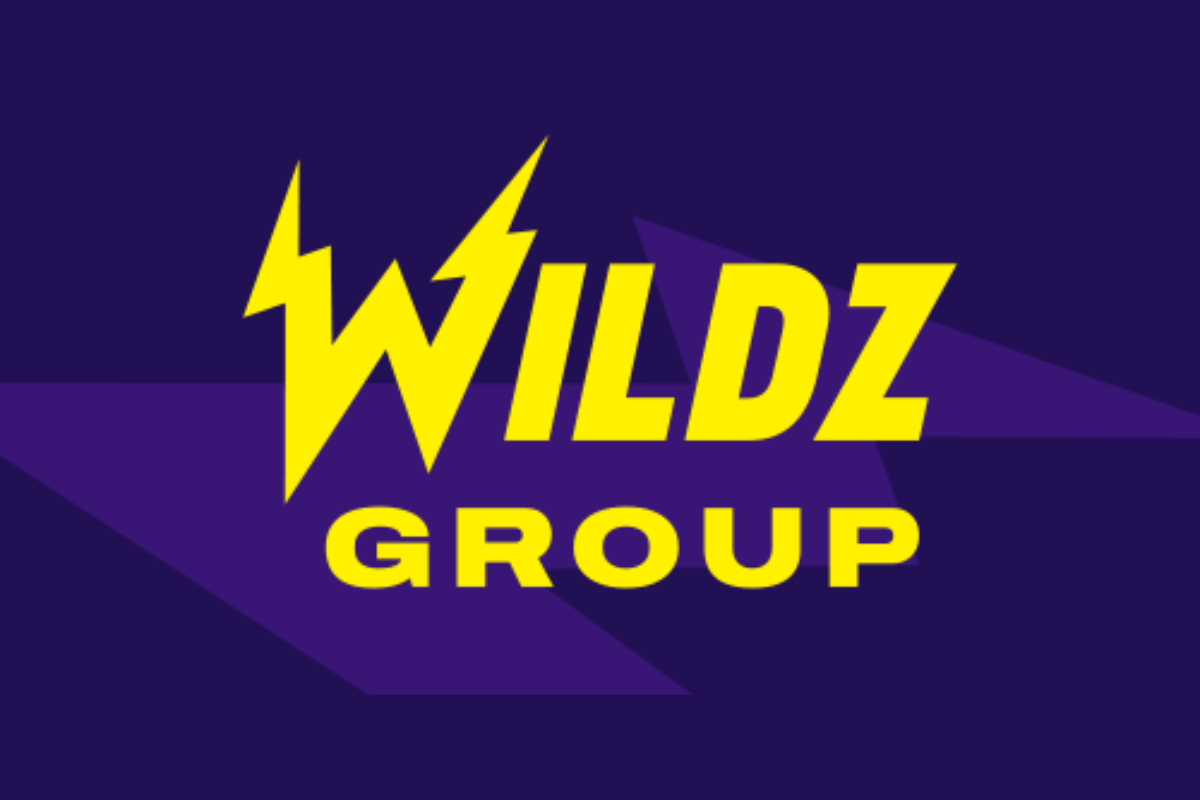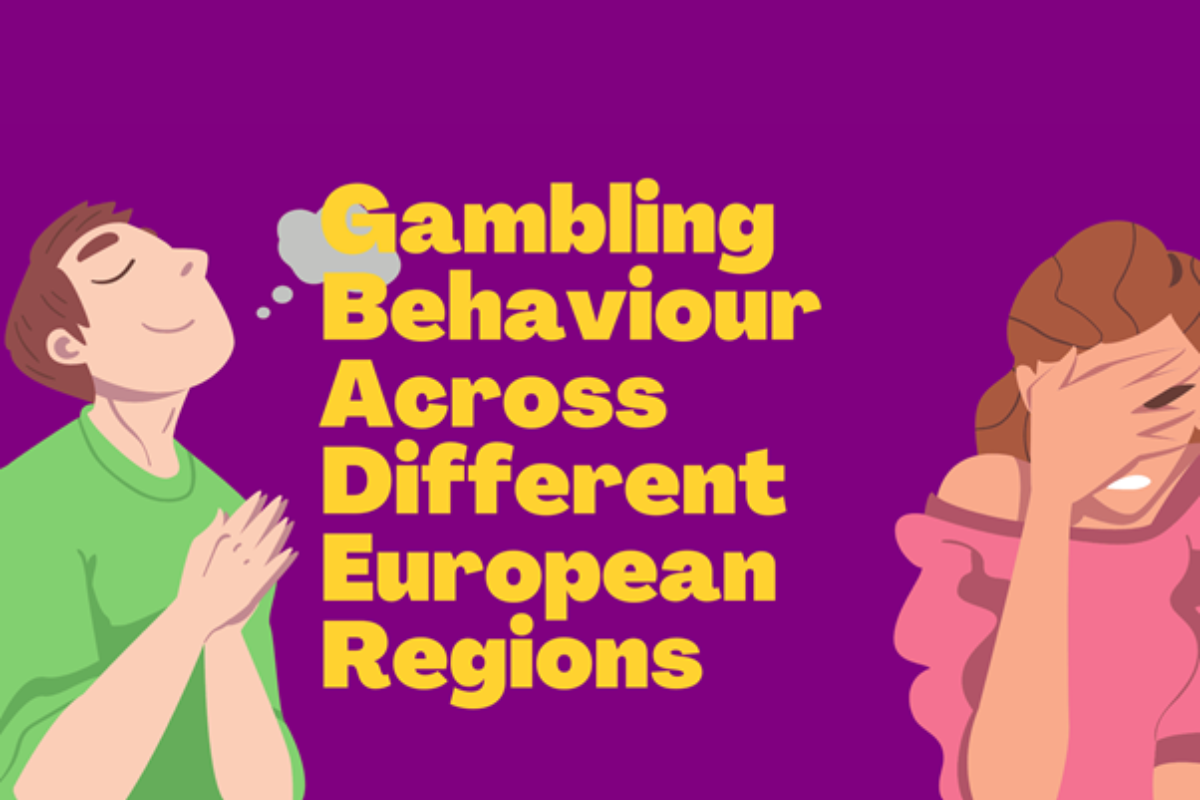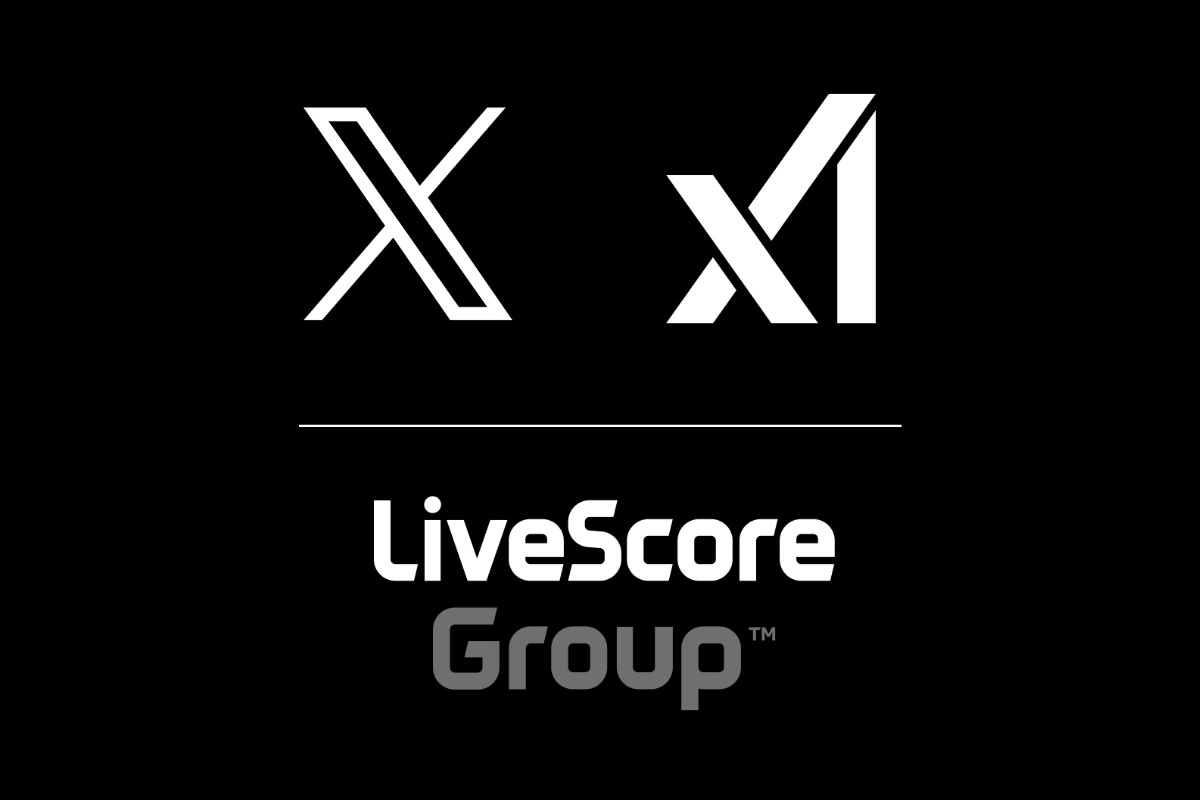Compliance Updates
THE EU AI ACT AND ITS IMPLICATIONS FOR THE IGAMING INDUSTRY
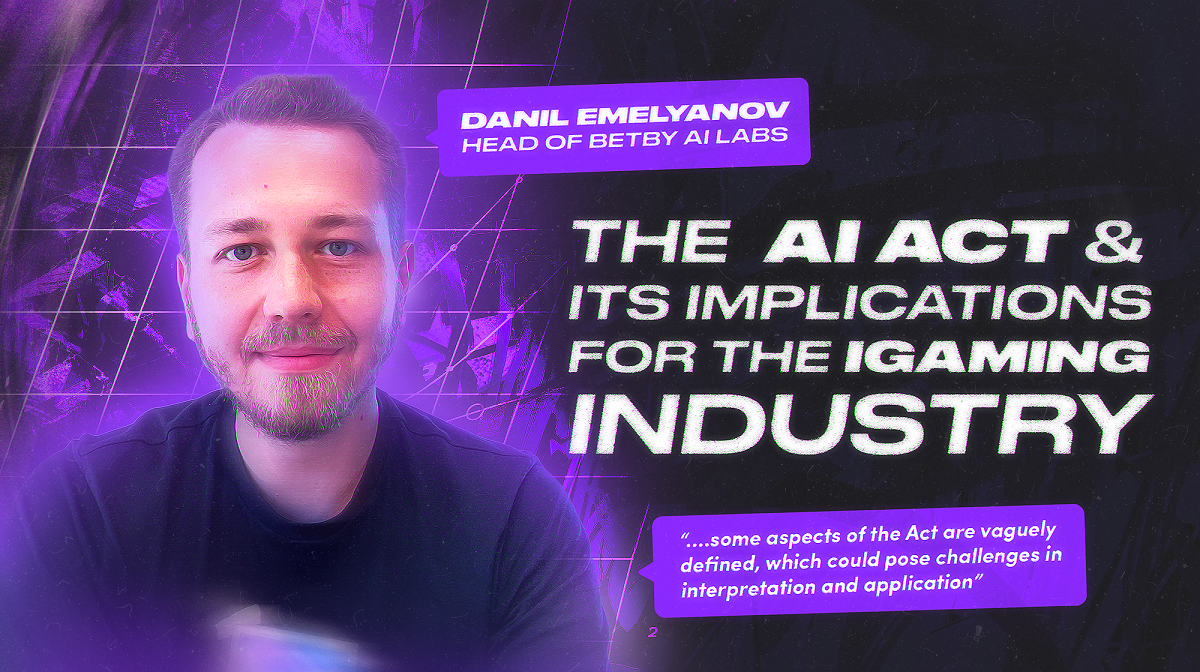
By: Danil Emelyanov, Head of AI Labs, Betby
First of all, the regulation of AI is inevitable. The EU was the first to step into this arena with the EU AI Act, setting a precedent that other parts of the world will likely follow. This proactive approach positions the EU as a leader in AI governance, but it also means that regions adopting similar regulations later might benefit from the lessons learned and adjustments made in response to early implementations.
The downside is that those who come last to the regulatory scene might indeed benefit the most. For instance, the competitive landscape in AI innovation currently favors new entrants in the US or UK over Europe, partly due to the stringent compliance requirements of the EU AI Act. This regulation could potentially affect the flow of investments into European AI ventures, making regions with more flexible or yet-to-be-defined regulations more attractive for AI start-ups and investors.
However, the positive aspect is the collaborative approach the EU has taken in drafting this legislation. It’s not a one-way mandate from legislators to businesses; rather, it involves dialogue and input from various stakeholders, including tech companies and open-source communities. Notably, there are exemptions for open-source AI models, likely influenced by contributions from French and German tech firms like Mistral and Aleph Alpha, which have been vocal about the importance of open-source innovation.
The AI Act predominantly focuses on regulating foundation models rather than classic machine learning models. The legislation sets a computational power threshold at 10^25 floating-point operations per second (FLOPS), below which AI systems are generally exempt from stringent regulations. This threshold implies that unless an organization is training a model on the scale of GPT-3.5 or larger, compliance concerns are minimal. This serves as a reminder of the value of simpler machine learning techniques like logistic regression and random forests, which can effectively solve business problems without the complexity and regulatory scrutiny of more advanced models.
For the iGaming industry, the implications of the EU AI Act are relatively manageable. Our legal teams will diligently study the law to ensure compliance, even if it means a slight reduction in the accuracy of our models. This cautious approach is necessary because the fines for non-compliance are substantial, ranging from 1.5% to 7% of global turnover, depending on the severity of the offense and the size of the company. Additionally, some aspects of the Act are vaguely defined, which could pose challenges in interpretation and application.
Despite these challenges, the iGaming sector should remain vigilant. Staying informed about regulatory updates and actively engaging with the regulatory process can help mitigate risks and ensure smooth compliance. The EU AI Act sets high standards for transparency, accountability, and ethical AI use, which, whilst demanding, also push the industry towards more responsible AI deployment.
-

 Asia6 days ago
Asia6 days agoDigital gaming disruption tackled in 1st AsPac Regulators’ Forum
-

 Africa6 days ago
Africa6 days agoBetKing Renews Ikorodu City FC Partnership for 2025/26 NPFL Season
-

 Compliance Updates6 days ago
Compliance Updates6 days agoKongebonus statement: Norway’s election result signals gambling policy continuity, but licensing debate is set to intensify
-
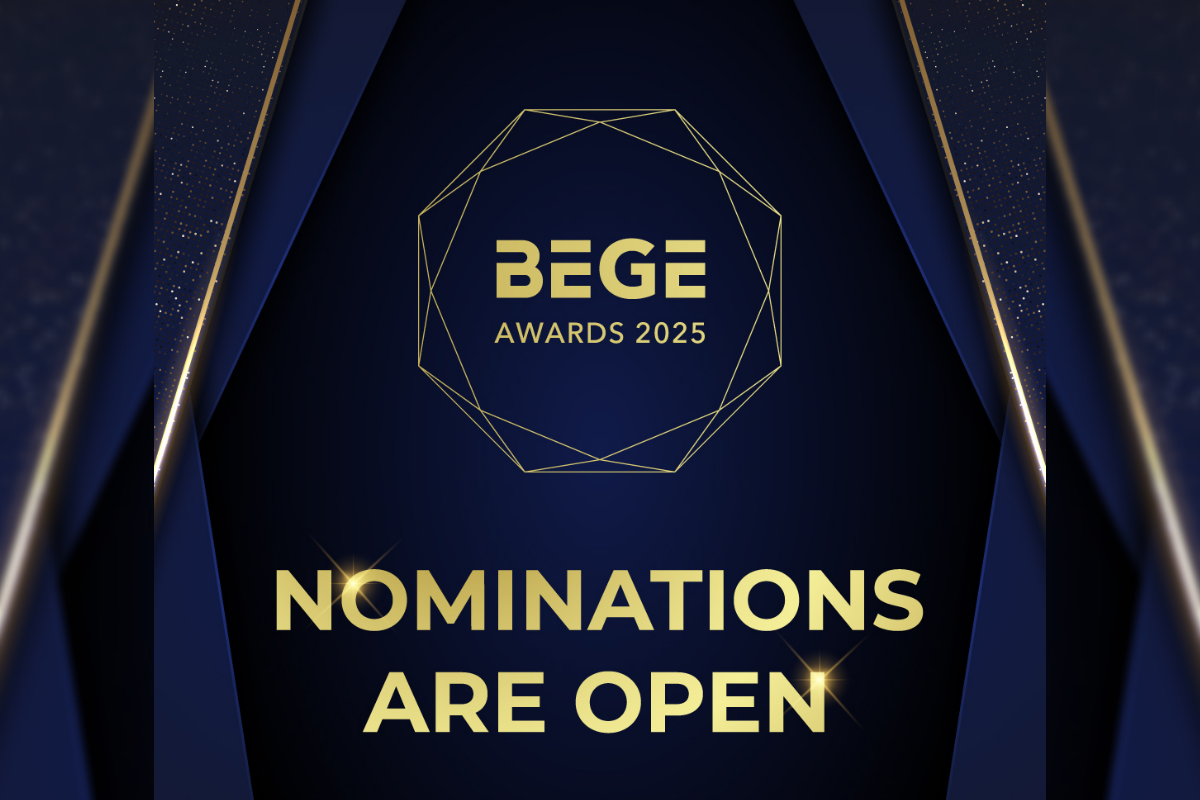
 Balkans6 days ago
Balkans6 days agoBEGE Awards Nominations Now Open – Celebrating 16 Years of Industry Excellence!
-

 Latest News6 days ago
Latest News6 days agoWin a Fruity Fortune in BGaming’s Bonanza Trillion
-
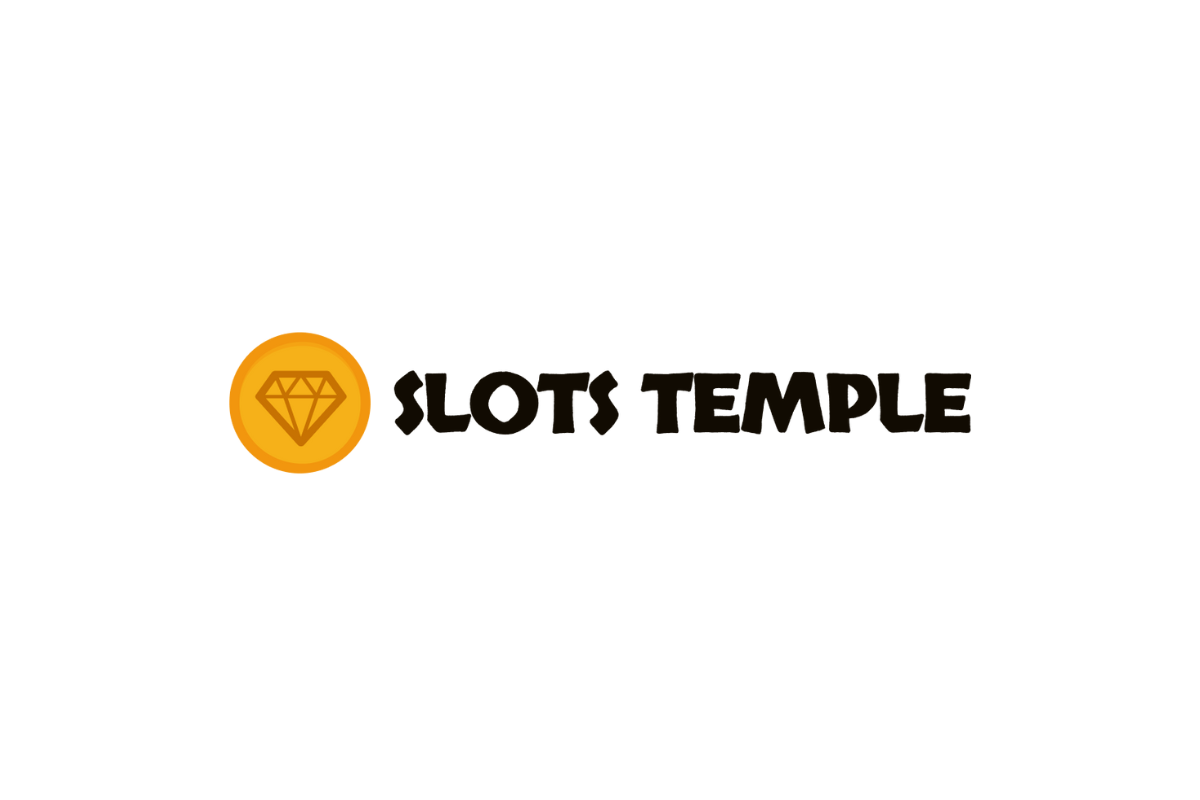
 Latest News6 days ago
Latest News6 days agoSlots Temple Announces Exclusive Free-to-Play Tournament Partnership with Pragmatic Play
-

 Latest News6 days ago
Latest News6 days agoSaddle up for big wins under the Bison Moon with the latest slot from Northern Lights Gaming
-

 Latest News6 days ago
Latest News6 days agoAnswer the Call of the Wild: ELA Games Unveils Its Latest Game “Buffalo Force”






